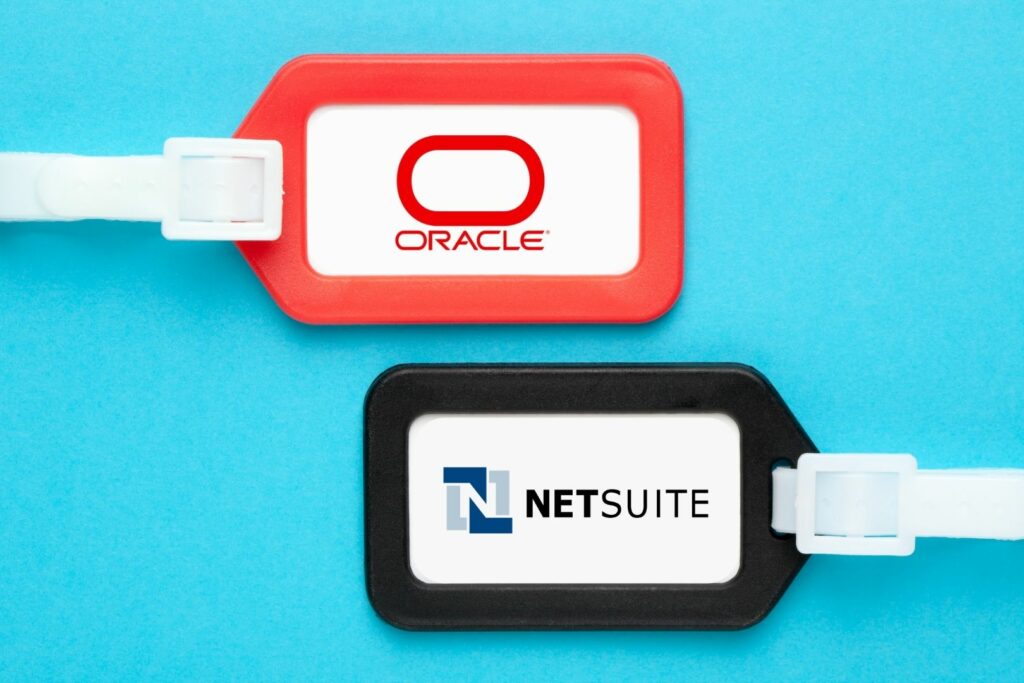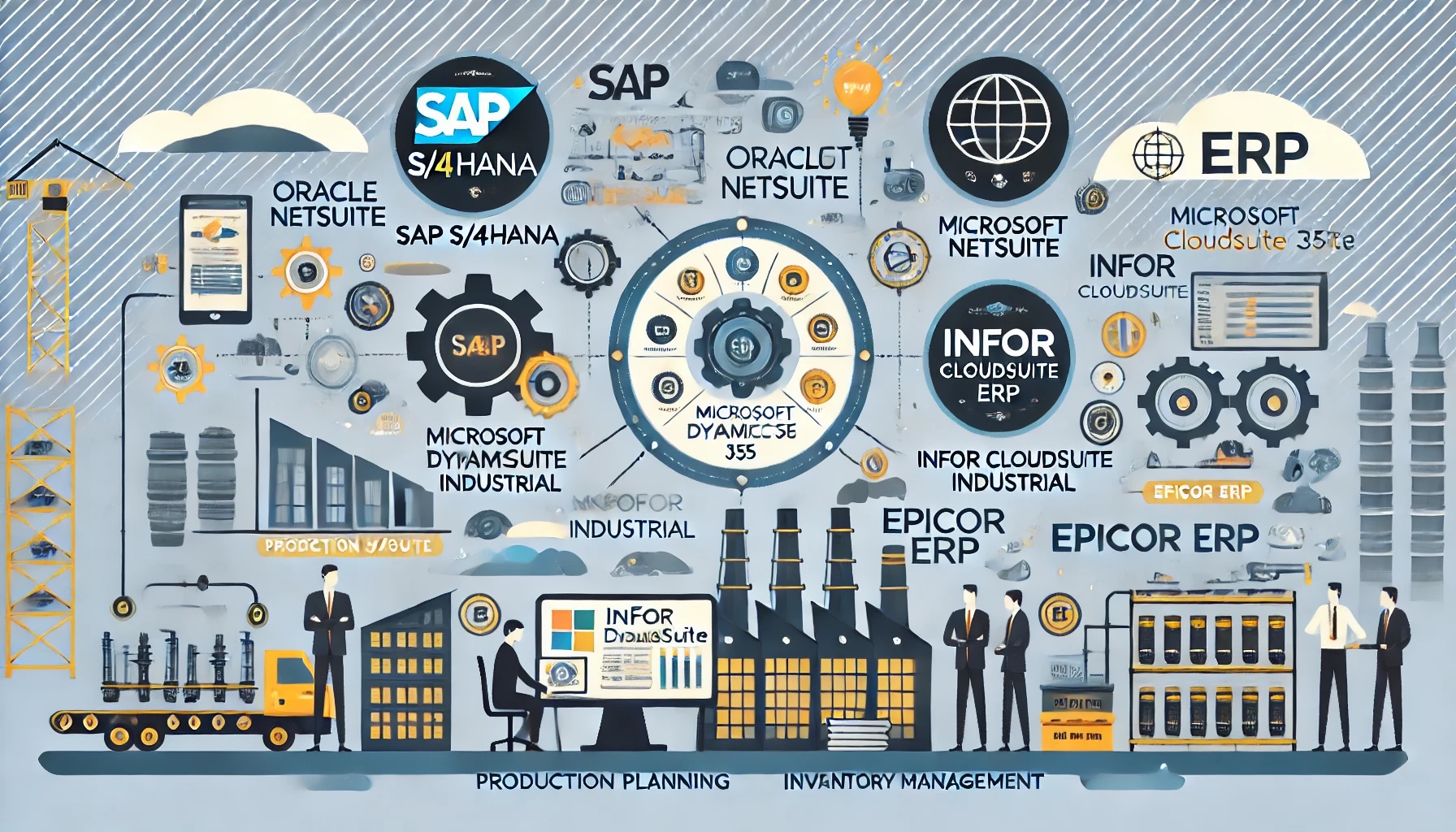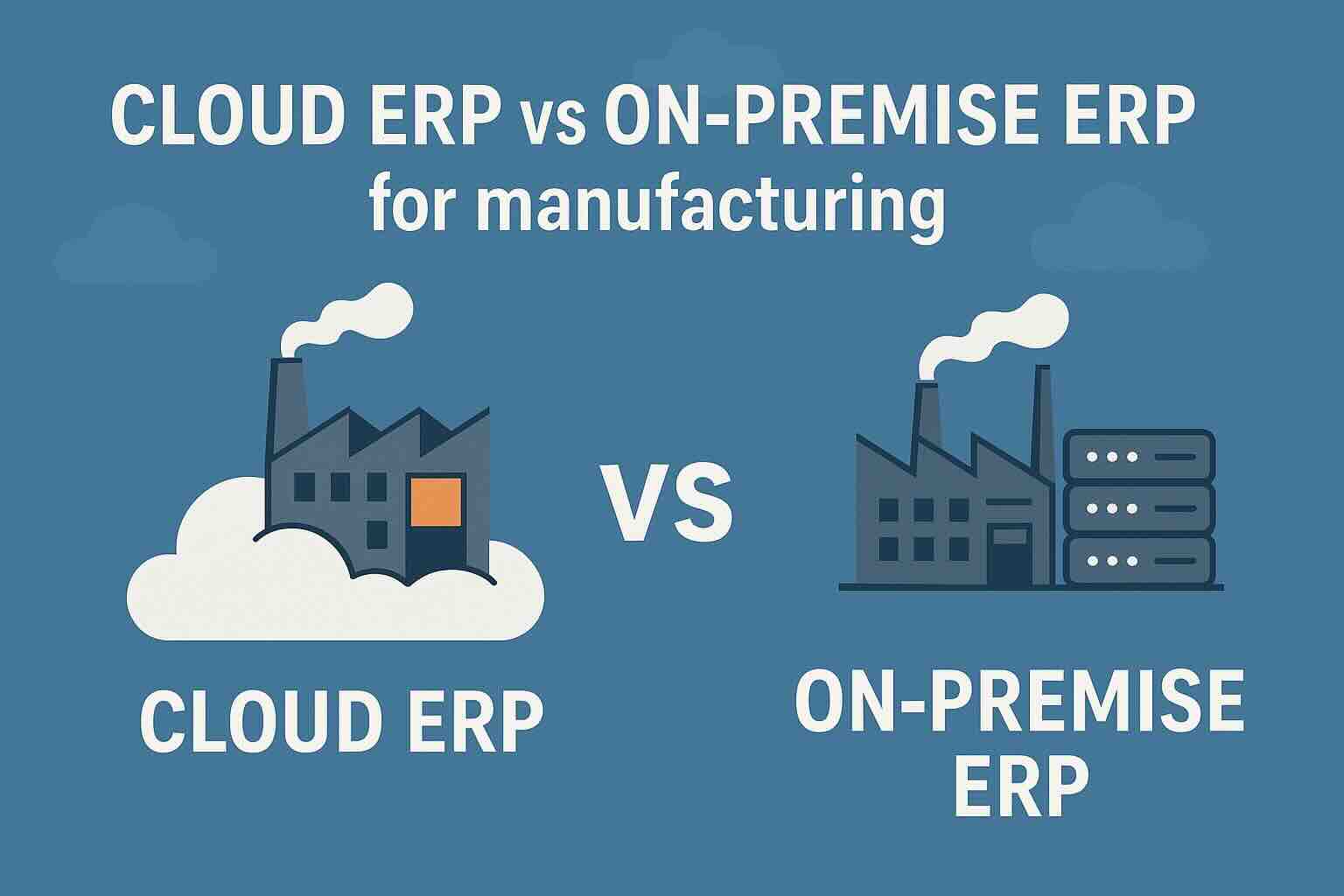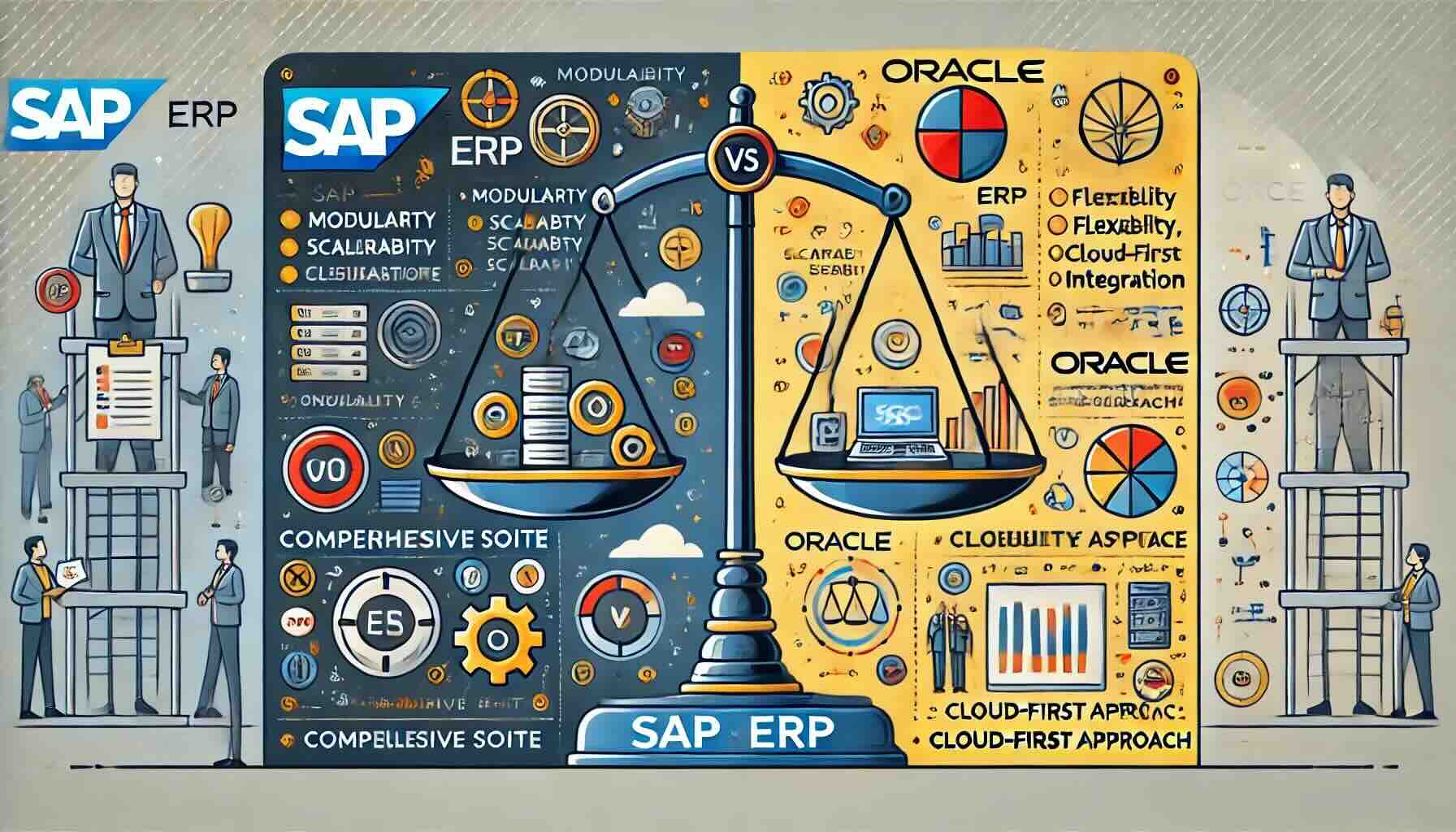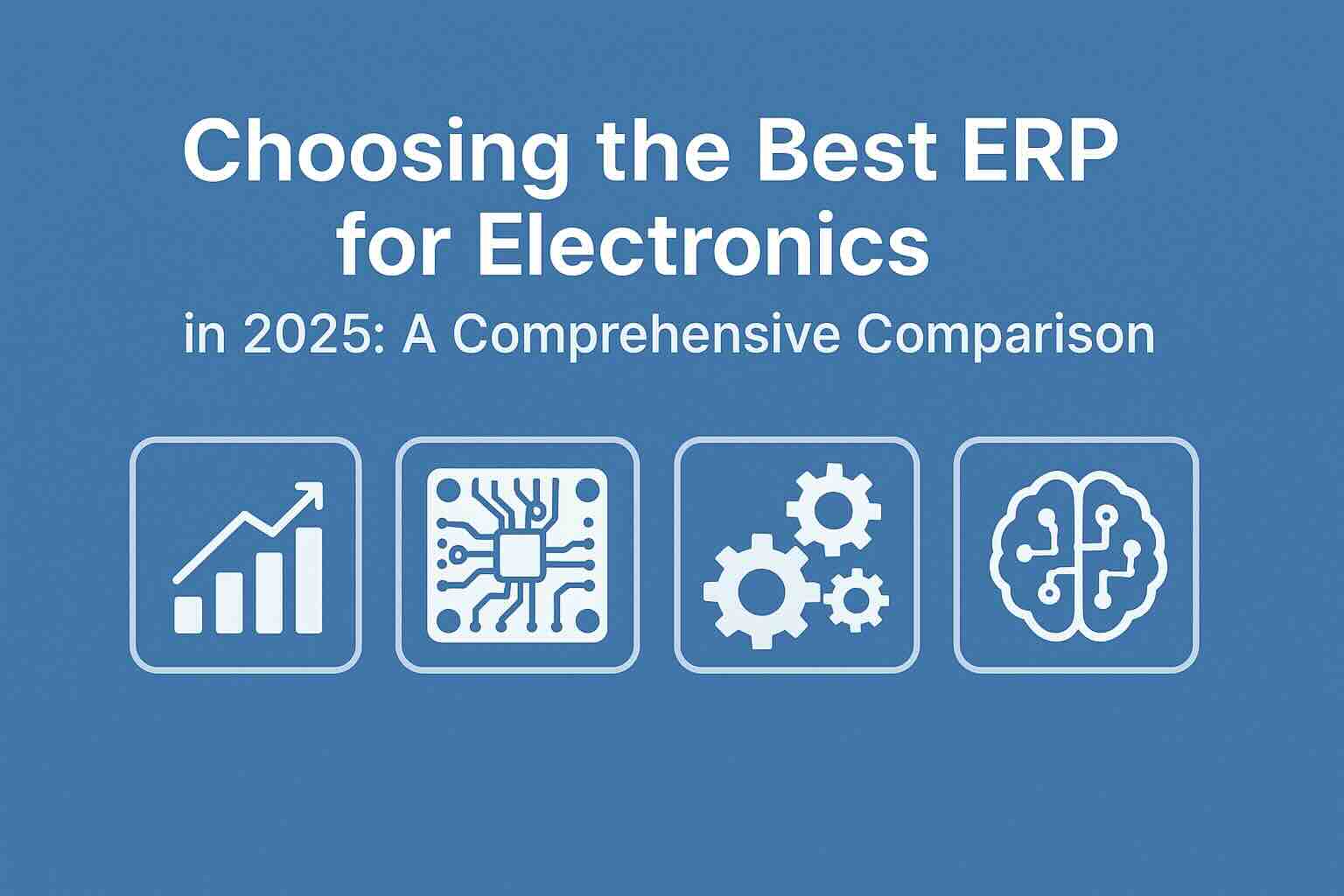Is SAP Business One Suitable for Healthcare?

In the rapidly evolving healthcare industry, the need for efficient management of operations, finance, and patient care has never been more critical. Healthcare organizations are continually looking for solutions that streamline processes, reduce costs, and improve patient outcomes. One such solution is SAP Business One, a comprehensive Enterprise Resource Planning (ERP) software primarily designed for small and medium-sized businesses. But the question remains: Is SAP Business One for Healthcare a good fit?
This article explores how SAP Business One can cater to the specific needs of healthcare organizations and why it might be a valuable tool in this sector.
Understanding SAP Business One
SAP Business One is an integrated ERP system that automates key business functions like financial management, inventory control, customer relationship management (CRM), procurement, and human resources. Designed to meet the needs of growing companies, it offers a single, easy-to-use platform to manage business processes more efficiently. While SAP Business One is widely used in industries such as manufacturing, retail, and professional services, its potential in healthcare is increasingly being recognized.
Key Features of SAP Business One for Healthcare
SAP Business One can help healthcare providers tackle their unique challenges by offering the following essential features:
1. Financial Management
In healthcare, managing finances is crucial, especially when dealing with rising costs and the complex nature of patient billing. SAP Business One offers a robust financial management tool that integrates accounting, banking, and cash flow management. The system ensures accurate financial reporting, provides real-time insights into profitability, and helps organizations comply with regulatory requirements. Hospitals and clinics can track their revenue cycles more efficiently, minimizing delays in payments and improving cash flow.
2. Inventory and Supply Chain Management
Effective inventory management is critical in healthcare, especially for managing medical supplies, drugs, and equipment. The shortage of essential supplies can lead to service interruptions and compromise patient care. SAP Business One offers advanced inventory control and warehouse management features. Healthcare facilities can maintain optimal inventory levels, track supplies in real-time, and manage the procurement process more efficiently. This leads to better resource utilization and cost savings.
3. Compliance and Regulatory Management
Healthcare is one of the most highly regulated industries, with numerous compliance requirements, including data privacy regulations like HIPAA in the U.S. and GDPR in Europe. SAP Business One can be configured to help healthcare organizations maintain compliance with these laws. The system provides audit trails, data security, and reporting features that help ensure healthcare facilities can meet regulatory standards while avoiding hefty penalties.
4. Patient Management and CRM Integration
While SAP Business One doesn’t offer a dedicated patient management system, it can integrate with third-party software to manage patient data, scheduling, and communication. The CRM functionalities of SAP Business One allow healthcare providers to improve patient engagement, handle inquiries, and manage appointments. The system also enables the integration of patient records with billing and invoicing, reducing administrative burden and improving overall patient care.
5. Data Analytics and Reporting
Healthcare organizations generate vast amounts of data, from patient records to financial transactions and operational metrics. SAP Business One offers comprehensive reporting tools that allow healthcare administrators to analyze data and make informed decisions. With built-in business intelligence (BI) capabilities, users can create customized reports, track performance indicators, and monitor the overall health of the organization in real-time. This level of insight helps in improving patient outcomes, managing costs, and enhancing service delivery.
Benefits of SAP Business One for Healthcare
1. Cost Efficiency
One of the key advantages of SAP Business One is its affordability compared to other ERP solutions on the market. For small and medium-sized healthcare facilities, managing costs is critical. SAP Business One offers a scalable and cost-effective solution that helps manage financials, reduce operational inefficiencies, and improve resource allocation, all of which contribute to better financial health.
2. Streamlined Operations
Healthcare organizations must coordinate various activities, from patient care to administrative duties. SAP Business One’s ability to centralize and automate these functions simplifies the workflow, reducing manual errors and improving productivity. By integrating different departments on a single platform, healthcare providers can improve operational efficiency and focus more on delivering quality care.
3. Improved Patient Care
Although SAP Business One is not explicitly designed for patient care management, its ability to integrate with other systems makes it valuable in improving the overall patient experience. Through integration, healthcare providers can offer seamless services, from patient scheduling to billing. The system also allows for better resource allocation, meaning that medical professionals have the tools and information they need to provide timely and high-quality care.
4. Regulatory Compliance
Healthcare providers face stiff penalties for non-compliance with regulations. SAP Business One’s built-in compliance management tools make it easier for healthcare organizations to stay aligned with local, regional, and international laws. The system’s robust reporting features also provide the documentation needed for audits and regulatory reviews.
Potential Limitations of SAP Business One for Healthcare
While SAP Business One offers numerous benefits for healthcare providers, it’s essential to consider its limitations:
- Lack of Industry-Specific Modules: Unlike some healthcare-specific ERP solutions, SAP Business One is not tailored specifically for healthcare and may require additional customization or integration with third-party software for certain functions like electronic health records (EHR) or telemedicine.
- Implementation Complexity: Implementing an ERP system can be complex, especially in a healthcare setting where data security and patient care are critical. Customizing SAP Business One to fit the unique needs of a healthcare organization may require specialized expertise, and the process can be time-consuming.
- Training Requirements: Healthcare staff may need extensive training to use the system effectively. While SAP Business One is user-friendly, it’s still an ERP system, and mastering its functionalities takes time.
Conclusion: Is SAP Business One for Healthcare a Good Fit?
SAP Business One is a versatile and powerful ERP solution that can certainly meet the needs of healthcare organizations, particularly small to medium-sized facilities. Its ability to integrate financial management, inventory control, compliance, and patient-related activities makes it a valuable tool for streamlining operations and improving overall efficiency.
However, healthcare providers must be mindful of its limitations and consider whether additional customization or third-party integrations are necessary to meet their specific needs. For organizations looking for a scalable, cost-effective solution that can grow with them, SAP Business One for Healthcare can be a smart investment.
Ultimately, the decision depends on the unique requirements of the healthcare facility, its size, and its long-term goals. For many, SAP Business One offers a robust foundation upon which a more comprehensive healthcare management system can be built. Click this link to find out more about SAP Business One.
To compare SAP Business One with 100s of other ERP solutions, you can use our new AI-powered Compare ERP tool. It’s free to use and you get a guaranteed discount on your first year’s licence fees with a referral from Compare ERP.
